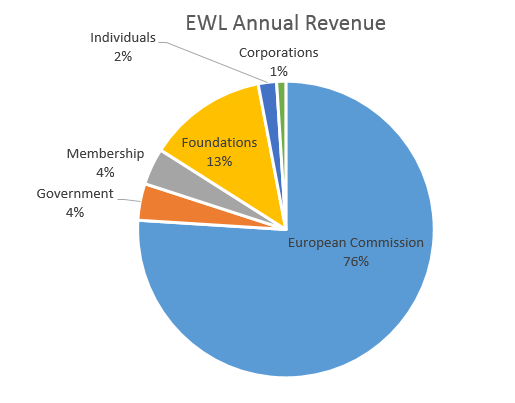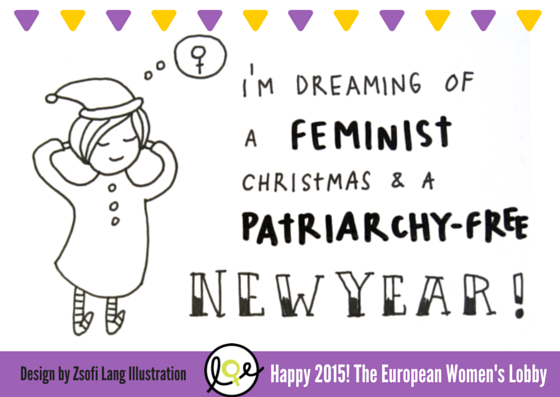[Brussels, 11 March 2011] On 8 March, The European Institute for Gender Equality (EIGE), based in Vilnius, Lituania, issued a list of 100 facts and figures illustrating the remaining gaps in gender equality within the EU. Read the EIGE Press Release below, and download the factsheet.
EIGE Press Release, Vilnius, 8 March 2011
8 March 2011 marks the 100th anniversary of International Women’s Day. The European Institute for Gender Equality (EIGE) has produced a list of 100 Inequalities to illustrate that, although there is much to celebrate, we are still a long way from achieving gender equality. EIGE’s list of 100 Inequalities – a mere indication of today‘s inequalities – demonstrates that despite the achievements of the past 100 years, gender inequality remains an issue in Europe and beyond. Women in the workforce are in general still not paid equally for the same job as their male counterparts, women are not equally represented in business and in politics, and in the rest of the world women’s health, education, and violence against women, are all burning issues in need of immediate attention. Virginija Langbakk, Director at EIGE explains that „Inequality is still obvious in many areas. Women represent an average of 59 percent of university graduates in the EU yet only 3 percent of company presidents are women and only 12 percent of corporate boards. On average, in the EU, women’s unemployment rate remains higher than men’s.“ Removing barriers to gender equality, tackling gender-based violence, getting more women into the labour market , company boardrooms and into top level jobs, has a positive impact on the economy as well as on the development of each individual woman and man. The Bank of Italy estimates that if female employment rose to 60 percent, gross domestic product would rise by 7 percent. “In a country where growth is at 1 percent, that’s something to keep in mind,” said Anna Maria Tarantola, the bank’s deputy director general. In addition to this list of 100 Inequalities, to mark the 100th International Women’s Day on 8th March , EIGE is holding an event in Budapest, Hungary – who hold the Presidency of the Council of the European Union, bringing together stakeholders and media professionals to the first regional consultation meeting to discuss how to tackle gender inequality issues. On the same day – from its headquarters in Vilnius, Lithuania – EIGE will host an array of women Ambassadors before members of the press– who will present a number of inequalities which still exist today in their respective countries. During 2011, EIGE will be working on several issues to ensure it becomes the European body for gender equality by gathering approaches and practices on gender equality work from EU and Member State level and operate the European resource and documentation centre. By working together we can ensure that there is a lot to celebrate every International Women’s Day.Background
EIGE is a European agency which supports the EU and its Member States in their efforts to promote gender equality, to fight discrimination based on sex and to raise awareness about gender equality issues.- EIGE’s tasks are to collect and analyse comparable data on gender issues, to develop methodological tools, in particular for the integration of the gender dimension in all policy areas, to facilitate the exchange of best practices and dialogue among stakeholders, and to raise awareness among EU citizens.
- The Institute‘s budget for the period 2007-2013 amounts to €52.5 million. The Institute employs approximately 35 staff and in the near future plans to recruit seconded national experts to enhance its expertise in the field of gender equality.
- The EU gender equality strategy is based around five priorities: the economy and labour market; equal pay; equality in senior positions; tackling gender violence; and promoting equality beyond the EU. The Commission will also set up a yearly top-level Gender Equality Dialogue involving the European Parliament, the Council presidencies, European social partners and civil society to assess progress in implementing the strategy.


